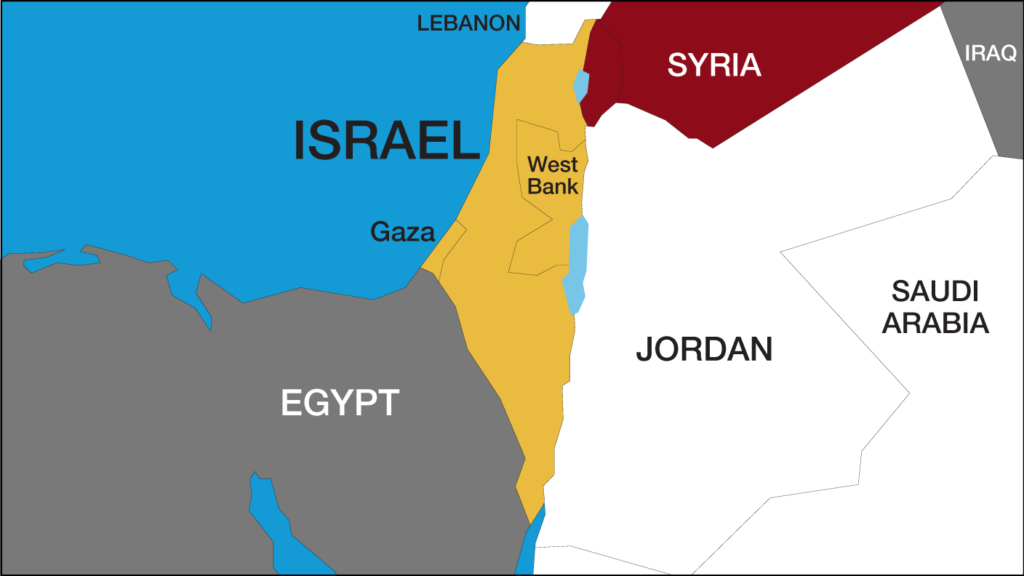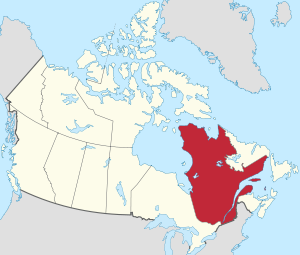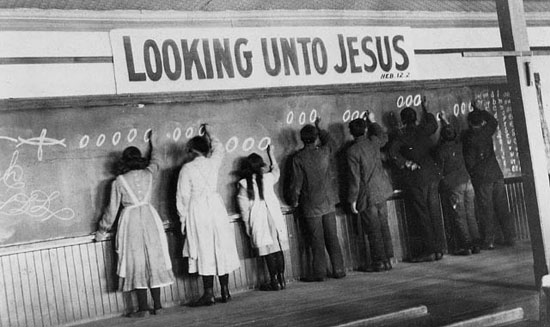U1L3 Reconciling Nationalist Loyalties
U1L3
Lesson - Conflicting Nationalist Loyalties
Unit 1 Lesson 3b
Contending Loyalties
Key Issue: To what extent should people reconcile their contending nationalist loyalties?
We will be exploring how contending nationalist loyalties can create conflict by examining how Newfoundland mourns on Canada Day, the ongoing debate over Quebec nationalism, and Aboriginal reconciliation.
When people's choices enable them to include more than one nationalist loyalty in their identity, these loyalties are compatible - they can coexist without conflicting. If you are a new Canadian citizen, for example, you might feel a strong loyalty
to Canada at the same time as you feel a strong loyalty to your original homeland. You might show these loyalties by choosing both to keep up with the news from your country of origin and to attend a Canada Day celebration. Your two loyalties
can coexist without causing you turmoil.
But nationalist loyalties are not always compatible. Their goals sometimes conflict. If you feel a strong loyalty to Canada at the same time as you feel a strong loyalty to Quebec - and your
loyalty to Quebec lead you to believe that the province should become independent - you would have a hard time making choices that would satisfy both these loyalties.

Israel in yellow

Quebec in red

Fleur De Lis

Israel
Crisis Guide: The Israeii-Palestinian Conflict:
http://www.cfr.org/israel/crisis-guide-israeli-palestinian-conflict/p13850
Quebec
| Quebecois have a long history of grappling with contending nationalist loyalties. In 1995, a referendum on separating from Canada forced them to choose between their loyalty to Quebec and their loyalty to Canada. An extraordinary 93.5% of Quebecois voted in this referendum. The results, in which the no side eked out a narrow victory, revealed that voters were nearly equally divided over how to reconcile these contending loyalties. |
|
Reconciliation can mean coming to terms with the past or mending a broken relationship. When two friends have a serious disagreement, an act of reconciliation can help resolve their differences and bring them together again. Similarly, when peoples or nations disagree, or when their nationalist loyalties lead them to pursue contending goals, an attitude of reconciliation can bring them together and enable them to coexist in peace. But when two contending nations cannot achieve reconciliation, the outcome can be serious. The inability to resolve differences may lead to damaging political struggles and even outright war.
First NationsFor decades, Canadian governments tried to force First Nations, Inuit, and Metis to abandon their culture and traditions and to assimilate into mainstream society. Over the past decades, this policy has changed, as governments have recognized Aboriginal and treaty rights. These rights are now enshrined in the Charter of Rights and Freedoms, yet many First Nations, Inuit, and Metis continue to face an uphill struggle in their quest to control their own destiny. |
The Royal Commission on Aboriginal Peoples
|
Watch the statement of apology to former students of Indian Residential Schools from TWO different Prime Ministers
The Truth and Reconciliation Commission: TRC
Newfoundland
Newfoundland joined confederation late(1949), allowing Newfoundlanders to develop a unique sense of loyalty before it would conflict with a larger Canadian national identity. A major conflict of nationalism for somebody from Newfoundland would be the example of July 1st. Everywhere else in Canada it is celebrated as Canada Day, where we fly our flags and attend our parades to celebrate our Country. Unlike the rest of Canada Newfoundland mourns on July 1st, and historically has since WWI, due to the great loss of life of Newfoundlanders in the battle of Beaumont-Hamel. If you were/are from Newfoundland the contention would be between celebrating your Canadian nation versus mourning for the Soldiers lost at the Battle of Beaumont-Hamel.